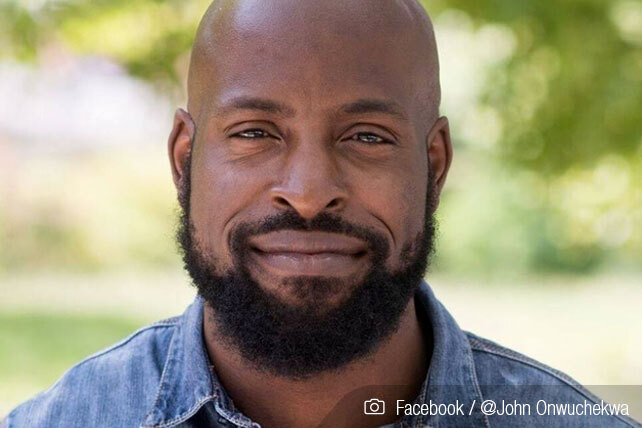The process of moving from passage to message involves distilling the passage text down to the passage idea. The goal is a single sentence summary of the passage—a more concentrated representation of the whole. I find the image of distilling the text helpful because it suggests that the details, the character, the tone and the balance of the passage should all influence the final statement of the passage idea.
But we humans love to short-cut.
When we short-cut this process, we can seriously mis-distill what is there, with the end result that the passage idea does not carry the true content, nor the character, of the passage we claim to be preaching.
Here are four ways to mis-distill in preaching prep:
1. Seek out the best verse. Occasionally a passage conveys its main idea in a single verse (and everything else in the passage is related to that verse). Typically this is not so. Don’t pick a punchy verse and primarily preach just that. Your goal is to summarize the whole text, so that the whole text is influencing the single sentence summary.
2. Seek out a meaty truth. Always a lively temptation, we must resist this. If your goal is to be a biblical preacher, then don’t abuse the Bible by using it to preach your weighty doctrines of choice. Preach the Bible text itself. The passage you are studying may beep on your theological radar and cause you to ponder its broader implications (hopefully challenging and changing your theology, rather than the influence going the other way). It takes prayerful care to make sure a minor point in a section does not take over because it happens to be a major theological issue for you.
3. Seek out imperatives. Speaking of your theology … if your theology says that people are essentially self-moved and need to be both informed and exhorted to action, then you will probably get over-excited when you spot imperatives of any sort. “Aha! Action points! I sense a sermon!” Take a deep breath and look carefully. The process that takes you from passage to passage idea is one of distilling the weight of the whole into a single sentence. It is not an imperatival mood filter that strains out all content to leave a me-focused to-do list. What is the passage doing in its context? What is going on in the passage? What is the nature and function of the imperative details in the passage? Seek to preach the passage, not to be a purveyor of preachy points.
4. Seek out triggers for your pet points. This could be theological pet points or imperatival pet points. It could also be cross-referencing pet points (“Cool, I can preach Romans 3 under the guise of this passage too!”), or historical background pet points (“Great, this reference to the circumcision party will allow me to explain first-century Israeli politics, my favorite subject!”), or church/cultural commentary pet points (“Jesus tells him to go to the priest, which is good because I want to critique our contemporary church culture on slack church attendance!”). Find a better venue for sharing your pet points, but don’t sabotage any biblical preaching opportunity to do so.
When you are wrestling with a passage, be sure to distill the whole passage down into the passage idea. Any other approach and you won’t be preaching the whole passage. 












